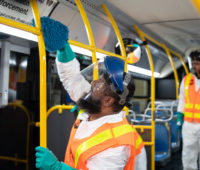In this essay for the “Covid-19 and the Social Sciences” series, Sarah Parkinson examines authoritarian practices at work in White House press briefings regarding Covid-19 in the United States. She argues that the briefings can serve as a barometer of the state of US democracy at the same time that they actively erode democratic norms and institutions. She finds that there are three ways in which the briefings challenge democracy: prompting obedience without belief, establishing guidelines for speech and behavior, and overwhelming the attention of the media.
Starting with SSRC president Alondra Nelson’s reflections on “Society after Pandemic,” this series of essays explores the human, social, political, and ethical dimensions of Covid-19. These pieces call attention to how social research can shed light on the short- and long-term effects of the pandemic and what can be done to improve responses, both now and in the future.
The publication of this series would not be possible if not for the help of the following SSRC staff:
Juni Ahari, communications and editorial assistant.
Cole Edick, program associate, Anxieties of Democracy and Media & Democracy programs.
Carrie Hamilton, program assistant, Social Data Initiative and Media & Democracy program.
Saarah Jappie, program officer, Transregional Collaboratory on the Indian Ocean.
Michelle Lee, program assistant, International Dissertation Research Fellowship.
Line Sidonie Talla Mafotsing, communications and editorial assistant, African Peacebuilding Network and Next Generation Social Sciences in Africa.
Daniella Sarnoff, program director, International Dissertation Research Fellowship.
Catherine Weddig, program assistant, Social Data Initiative and Media & Democracy program.
Themes
Essays


Care and Sovereignty: Territorial Control and the Decolonization of Disaster Risk Reduction
by Manuel Tironi and Sarah KellyManuel Tironi and Sarah Kelly draw attention to the ways in which Indigenous communities in Chile are leveraging Territorial Control to prevent the spread of Covid-19 for the “Covid-19 and the Social Sciences” series. Rather than relying on the logics of epidemiology to support these preventive actions, communities are appealing to the logics of sovereignty. While cautious about the temptation to draw simplistic and extractive “lessons learned” for Disaster Risk Reduction from the actions of the Mapuche and other Indigenous peoples, the authors describe how the lessons to be learned are about the need to decolonize disaster response, and to acknowledge the deep histories and shared knowledge that can provide communities with the resources to make effective public health and safety decisions for their people.

Measures and Models for Longevity and Aging: The Burden of Mortality from Covid-19
by Jessica Y. HoThis contribution to the “Policy Models in Pandemic” theme, part of the “Covid-19 and the Social Sciences” series, by Jessica Ho, explores the use and relevance of life expectancy models. As the death toll resulting from Covid-19 rises, this essay turns an eye toward understanding these models and how sensitive they are to sudden shocks. In doing so, Ho suggests that researchers need to recognize the strengths and limitations of data produced from these models in the short-term, and also appreciate the crucial role such models will play in understanding the evolution of population health in the long term.
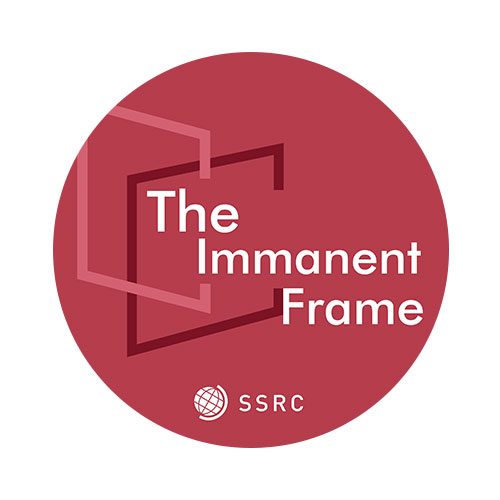
Protection without Punishment: Turning to Buddhist Gods during Covid-19
by Bryan LoweFor political leaders today, a pandemic means never having to say you’re sorry. This has not always been the case. Once upon a time, in a different era, rulers publicly proclaimed their shortcomings, taking moral responsibility for a host of disasters, from droughts to epidemics, thought to be caused by the lack of virtue in a sovereign. While people around the world today still call upon the gods for help in response to Covid-19, political leaders’ ritualized public confessions have largely disappeared. I want to consider the case of Japan, both in contemporary and ancient times, to think about changes in ritual practice, particularly those aimed to enlist divine aid and confess wrongdoing. I am curious about how people turned to the gods historically, the discursive modes permissible for doing so in 2020, and the implications of these shifts.
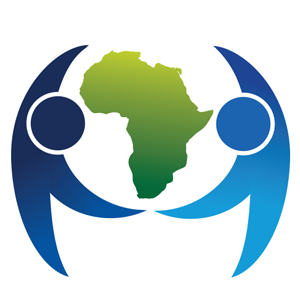
Harnessing the Capacities of Community Health Workers to Prevent the Spread of Covid-19 in Kenya’s Urban Informal Settlements
by Roseanne NjiruThis essay considers the role that community health workers (CHWs) can play in preventing the spread, and reducing the adverse impact, of Covid-19 on Kenya’s urban informal settlements. It argues that CHWs can make a significant contribution to efforts aimed at reducing such impacts due to their proximity to the grassroots. In Kenya, the number of confirmed Covid-19 cases and deaths has risen gradually since the first case was reported on March 13, 2020. The government faces a tremendous task of preventing the spread of the contagion without hurting the livelihoods of its citizens, which could have long-term implications for peace and security.

Policy Models in Behavioral and Social Sciences
by Michael J. FeuerIn this inaugural “Policy Models in Pandemic” essay, part of the “Covid-19 and the Social Sciences” series, Michael Feuer broadly explains mathematical and theoretical models. Recent media coverage has brought the concept of “models” to the fore, as ways to predict and understand the spread of Covid-19. Feuer shows that models are fundamentally representations of complex phenomena, aimed at guiding rational action or providing useful information to decision makers. Since public policy and public health decisions are often made based on information from mathematical and theoretical models, he suggests it prudent to review the origins, purposes, benefits, and inherent imperfections of these models as well as their value.
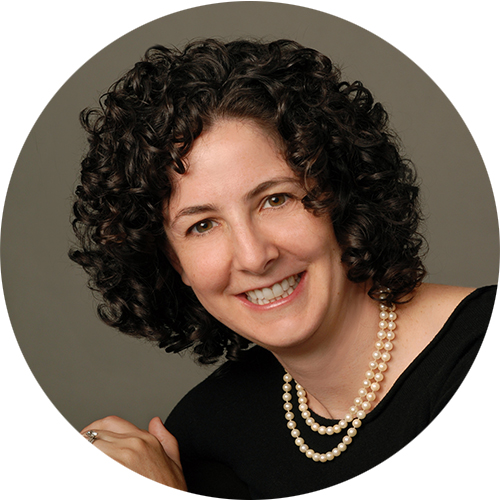
How Does Social Inequality Affect Government’s Ability to Deal with Covid-19?
by Julia LynchIn this “Covid-19 and the Social Sciences” essay, Julia Lynch asks how social inequality affects government’s ability to deal with the Covid-19 crisis. She argues that social inequality makes pandemics more severe not just for the most vulnerable, but for the whole of society. Lynch notes that many of the preexisting conditions that increase the severity of Covid-19—medical and not—are consequences of social inequality and that this same inequality will likely prolong the pandemic. She insists that additional income support and personal protective equipment guarantees in the short term, as well as a more equal distribution of income in the long term, are required to mitigate social inequality, lowering society’s vulnerability to a global pandemic like Covid-19.

A Sociological Note on George Floyd’s Death and the Pandemic
by Patricia Fernández-KellyIn this contribution to the “Covid-19 and the Social Sciences” series, Patricia Fernández-Kelly connects the killing of George Floyd, and the powerful public responses to it, to both the current social conditions of the pandemic and the broader historical structural dimensions of racism in US society. Fernández-Kelly draws on a range of sociological perspectives to shed light on what she calls the “proximate and deep-seated causes” of both violence directed at African Americans and the wave of protests of recent weeks.
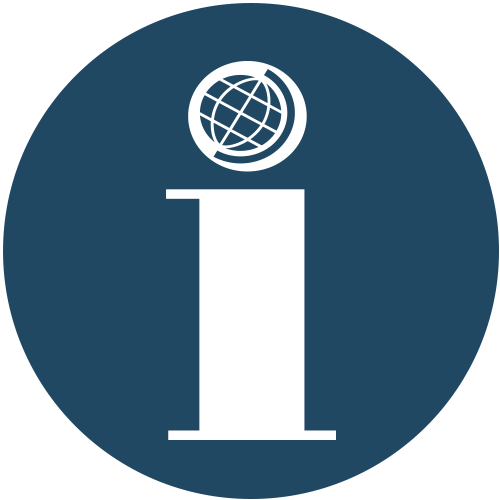
The Covid-19 Opportunity: Creating More Ethical and Sustainable Research Practices
by Oscar Abedi Dunia, Maria Eriksson Baaz, David Mwambari, Swati Parashar, Anju Oseema Maria Toppo and James B.M. VincentContributing to the “Covid-19 and the Social Sciences” essay series, Oscar Abedi, Maria Eriksson Baaz, David Mwambari, Swati Parashar, Anju Oseema Maria Toppo, and James Vincent outline various paths toward reducing field research’s potential for exploitation, especially that of Global South collaborators. The pandemic has highlighted inequalities and immobility that differently affect facilitating researchers and contracting researchers. In response, the authors identify key issues that institutions, publishers, and individual researchers must reflect on in order to counteract these imbalances—and take advantage of an opportunity to fundamentally transform field research into collaborative knowledge production.

A Wedding in a Cemetery: Judaism, Terror, and Pandemic
by Susannah HeschelJoy comes in the morning, the psalmist tells us, but this pandemic feels like a never-ending night—indeed, a nightmare—and certainly not a time to celebrate a wedding. And what kind of celebration is a wedding in a cemetery?





